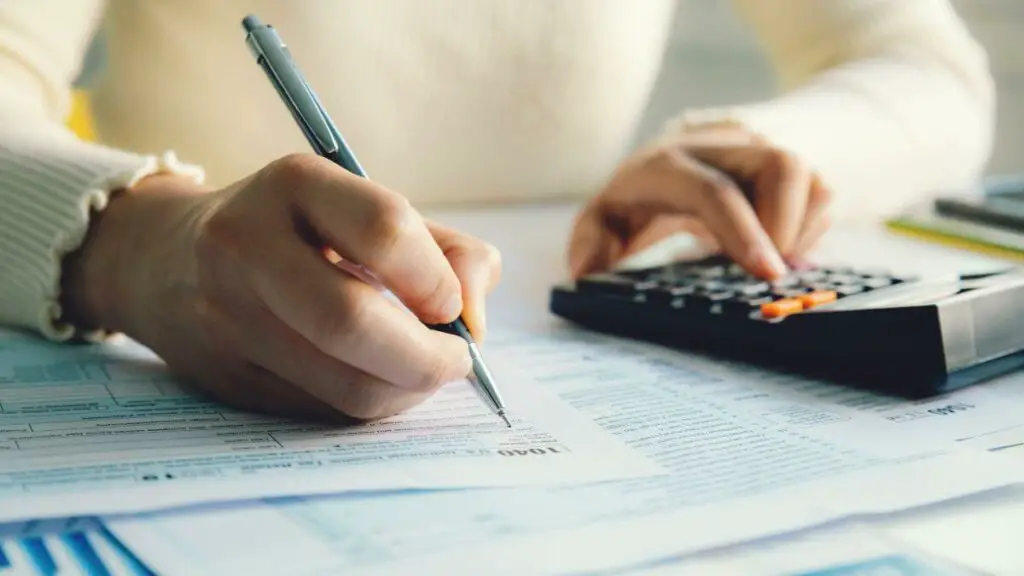A handful of additional states are joining the ranks of “gold standard” educators of Personal Financial Literacy this fall by requiring all high school students to complete a one-semester PFL class to graduate. This has sparked a scramble for high-quality educational content related to financial literacy. While plenty of content material exists, schools and teachers want free or low-cost resources tailored to high school students and fit with the needs of their respective states. Fortunately, in South Carolina, the state’s Department of Revenue, which handles state taxes, wants to help teachers with financial literacy education.
The South Carolina Department of Revenue, or SCDOR, is offering a resource guide specifically to teachers for this current school year. Instead of being a simple handout, the resource guide has been tailored to meet the state’s education standards. In addition, SCDOR wants to track the data and see how well its resources are performing in terms of teacher use. Hopefully, this establishes a positive framework for collaboration between other states’ tax agencies and their public schools.
Young Earners May Know Little About State Taxes
A major benefit of state tax agencies jumping in on PFL class content is the fact that many young people may be largely unaware of state and local taxes. When many people hear “taxes,” they tend to think of federal income tax. Of course, there are many other taxes, including state income tax. There are different rules and guidelines by state, so it’s important for residents of the 41 states that charge state income taxes to be aware of the basics.
With remote work becoming more common, it is increasingly important that young earners who may work predominantly online to know about their obligations to file state income taxes. State tax agencies will have the most up-to-date information to incorporate into PFL classes, while other sources of content may have been created pre-Covid and not take remote work into account. Young people must also be aware of penalties for not filing state income taxes, including liens on their property.
States May Miss Out on Revenue Due to Unaware Earners
States have an incentive to help with PFL content aside from good citizenry. Unfortunately, many people miss filing their taxes out of confusion or lack of awareness, which deprives cities and states of needed tax revenue. Ensuring that paying state and local taxes is part of all high school PFL classes can reduce the number of earners who fail to follow through on filing. As of 2020, about 18 percent of eligible taxpayers did not file their state or federal taxes, representing a sizable chunk of revenue.
At the federal level, nonpayment or underpayment represents up to $1 trillion worth of unpaid tax revenue. This leaves valuable government programs underfunded and can even force higher tax burdens on those who pay their taxes on time. To make sure the system works smoothly and nobody is unfairly burdened by others’ nonpayment, at both the state and federal levels, it would be invaluable to have state tax agencies help schools with PFL content and curriculum.


